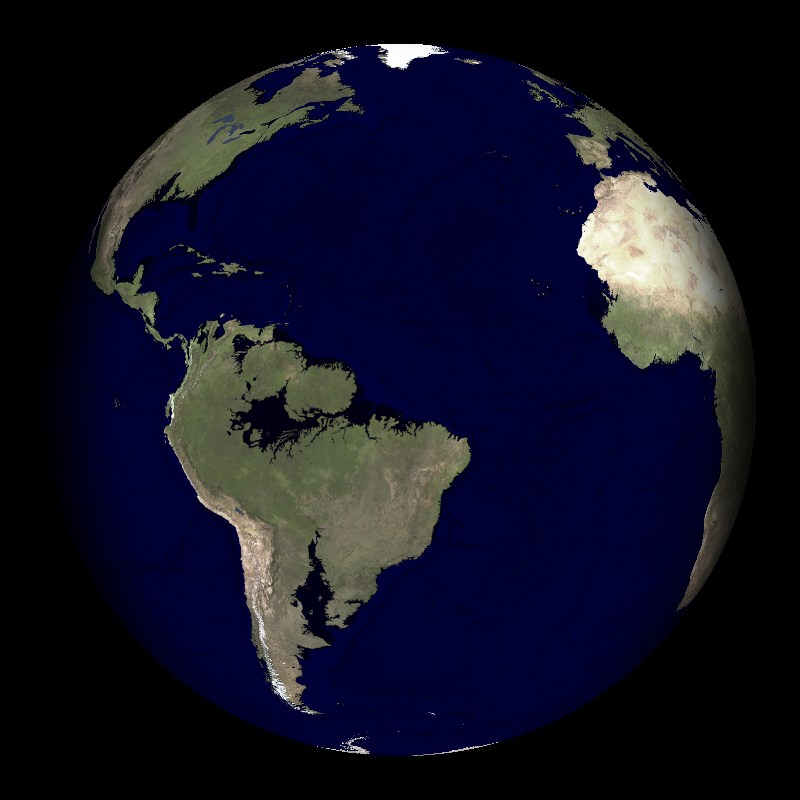A new study published in Science Magazine concludes that an improved estimate of sea level rise (SLR) puts the increase at 0.8-2.0 meters, roughly 3.5 times the IPCC projections.

There has been significant debate regarding the projected sea level rise over the 21st century. The Intergovernmental Panel on Climate Change (IPCC) projected that neither Greenland nor Antarctica would lose significant mass by 2100. However, recently both regions have experienced significant ice loss.
Richard Kerr of Science Magazine explains the discrepancy between the IPCC predictions and recent studies.
Warming glaciers raise sea level in two main ways. They add more water as they melt, and they also add water when ice breaks off from glacial flows. The incidence of this latter phenomenon has soared in recent years for some glaciers draining the southern Greenland Ice Sheet, much to the mystification of glaciologists. Unable to model such accelerated ice losses, members of the Intergovernmental Panel on Climate Change declined to include them in their widely cited projection of up to 60 centimeters of sea level rise by 2100
A new paper in Science included these accelerated ice losses and concluded
On the basis of calculations presented here, we suggest that an improved estimate of the range of SLR to 2100 including increased ice dynamics lies between 0.8 and 2.0 m.
This conclusion is in agreement with another study published in Science in 2007 which used empirical data from last century to project that sea levels could be up to 5 feet higher in 2100 and rising 6 inches per decade. Another 2007 study from Nature Geoscience came to the same conclusion.
This is a rather dire predicition. A one meter sea level rise would flood 17% of Bangladesh, displacing tens of millions of people, and reducing its rice-farming land by 50 percent. Globally, it would create more than 100 million environmental refugees and inundate over 13,000 square miles of the United States. These studies provide further evidence that we must take action to address global warming as soon as possible to avoid such consequences.
Sources: RealClimate, ClimateProgress, Science
Articles Related to Sea Level
- UN Climate Panel to Tackle Greenland Next
- South Florida Learning from the Polar Bears
- Climate Change Could Leave Florida Hotter, Smaller
Image Courtesy of NOAA
Barry, you’re confusing mass and volume.
Katie H. You are wrong. The principle is called Archimedes, principle. If the ice is floating it does not matter how much of it is above the water when it melts the level will remain the same.
Julie, you are wrong. If the ice is floating on water, up to 80% of it is not actually submerged. After sea ice melts, the portions that were floating above sea level are also added to the sea. Before they melt and are floating part above and part below the surface, the are not displacing the same amount of water as their total volume.
Julie – you are correct. This article references the Greenland and Antarctic ice sheets, which are land-based. That’s why they would contribute to sea level rise, as opposed to sea ice melting, which would not.
I just wanted to add that if the ice is already floating in water, and then melts, it will not raise the sea level. a good example of this is a glass of ice water, were the ice melts, but the liquid does not over flow. this is because the actual amount of water (frozen or solid) is the same. it seems like it would have to be masses of ice that were on land or suspended above water that breaks into the water and then melt, that would cause a the level to raise.